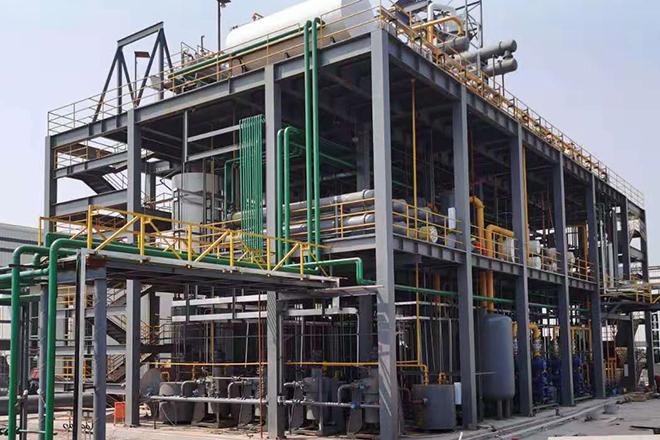Top 5 Common Misconceptions About Used Oil Recycling

Used oil recycling is one of the most successful and established recycling programs in the world. Yet, despite its proven track record, several persistent myths prevent people from participating fully. These misconceptions can lead to improper disposal and a missed opportunity for both environmental and economic good.
Let’s clear the air and separate fact from fiction by tackling the top five misconceptions about used oil recycling.
Misconception 1: "Once oil is used, it's no longer any good."
This is perhaps the biggest myth. Used motor oil is not "used up"; it's simply dirty. The high-quality lubricating base oil inside is still perfectly viable. It has just become contaminated with dirt, metal particles, fuel, and chemical residues from the engine. Advanced re-refining processes are exceptionally good at removing these contaminants, restoring the oil to its original condition. Re-refined oil meets the same stringent API (American Petroleum Institute) standards as virgin oil, meaning it performs just as well in your engine.
Misconception 2: "Recycling used oil is too difficult and inconvenient."
The opposite is true! Recycling used oil is often easier than disposing of it improperly. Thousands of certified collection centers are available across the country, many of them at familiar locations like auto parts stores (AutoZone, O'Reilly Auto Parts), major retailers (Walmart), and quick-lube shops. These locations accept used oil from the public, usually for free. The process is simple: drain your oil into a clean, leak-proof container with a tight lid (like the original bottle) and drop it off. It’s a small effort for a massive environmental payoff.
Misconception 3: "Burning used oil is an efficient way to dispose of it."
While it's true that used oil can be burned as a fuel in industrial furnaces and cement kilns (a practice called "energy recovery"), this is not the highest or best use for it. Burning it simply turns a potential resource into emissions. While regulated burning is better than dumping it on the ground, it represents a linear "dead end" for the material. Re-refining is the true form of recycling, as it keeps the material in a continuous loop, conserving far more resources and energy. Think of it as the difference between burning a piece of paper for warmth (energy recovery) versus recycling it into new paper (re-refining).
Misconception 4: "It's okay to mix used oil with other fluids like antifreeze or solvent."
This is a critical one: Do NOT mix used oil with anything else. Mixing used oil with even a small amount of antifreeze, gasoline, or other chemicals can ruin an entire batch of otherwise recyclable oil, turning it into hazardous waste that is much more expensive and difficult to process. Collection centers will often refuse mixed oil. Always store used oil separately in a clean container to ensure it can be successfully recycled.
Misconception 5: "My small contribution doesn't make a difference."
Every single drop counts. The millions of gallons of oil recycled each year are made up of countless individual contributions from people just like you. If every DIY oil changer in America recycled their oil, it would provide enough oil to lubricate over 50 million cars annually. Furthermore, improperly disposing of your oil in the trash or down a drain has a cumulative and devastating effect. Your small, responsible action is a direct contribution to cleaner water, healthier soil, and a more sustainable system for everyone.
By understanding the facts, we can all become better stewards of our environment. The next time you change your oil, remember these truths and take that extra few minutes to recycle it properly.
- Art
- Causes
- Crafts
- Dance
- Drinks
- Film
- Fitness
- Food
- الألعاب
- Gardening
- Health
- الرئيسية
- Literature
- Music
- Networking
- أخرى
- Party
- Religion
- Shopping
- Sports
- Theater
- Wellness


